-88%
Comprehensive Emergency Medicine Board Review: A Guide to the Essential Courses
Emergency Medicine Board Review Course (Residents Only)
Day 1
- Test Taking Psychology: Master the art of strategic test-taking to maximize performance on the board examination.
- Traumatic Disorders: Delve into the assessment and management of common traumatic injuries, including C-spine instability and upper extremity fractures.
- Rapid Fire Board Prep I: Engage in intensive question-and-answer sessions to reinforce concepts and hone problem-solving skills.
- Cardiovascular Disorders I: Explore the evaluation and treatment of cardiovascular diseases, including coronary artery disease and hypertension.
- Clinical Pharm. Cases I: Apply pharmacological principles to clinical practice through interactive case studies.
- ECG Review: Refresh your knowledge of electrocardiography and interpret cardiac arrhythmias with confidence.
- Geriatrics: Understand the unique challenges of caring for older adults in the emergency department.
- Rapid Review I: Consolidate key concepts from the day’s lectures to prepare for future sessions.
Day 2
- Cardiac Arrest Update: Stay abreast of the latest guidelines for managing cardiac arrest and improving patient outcomes.
- Infectious Disorders I: Diagnose and manage common infections, including pneumonia and sepsis.
- Clinical Pharm. Cases II: Further develop your pharmacological knowledge through additional case studies.
- Cardiovascular Disorders III: Explore advanced topics in cardiovascular care, such as valvular heart disease and congestive heart failure.
- Trauma Rapid Review: Sharpen your skills in trauma management through a comprehensive review of case presentations.
- Renal/GU: Evaluate and treat disorders of the kidneys and genitourinary system.
- Hematologic Disorders: Understand the etiology, presentation, and treatment of blood diseases.
- Clinical Pharm. Cases III: Complete your clinical pharmacology series with a focus on complex patient scenarios.
Day 3
- Ocular Emergencies: Diagnose and manage eye injuries and infections to preserve vision.
- Toxicologic Emergencies I: Recognize and treat poisonings and other toxic exposures.
- Thoracic Respiratory Disorders I: Assess and manage respiratory conditions, including asthma and chronic obstructive pulmonary disease.
- Toxicologic Emergencies II: Enhance your knowledge of toxicological emergencies, including envenomations and metabolic disorders.
- Thoracic Respiratory Disorders II: Explore advanced topics in respiratory medicine, such as mechanical ventilation and critical care.
- Rapid Fire Board Prep II: Continue your preparation for the board examination with focused question sessions.
- Toxicologic Rapid Review: Review key concepts from the toxicology lectures to ensure mastery.
- Thoracic Respiratory Disorders III: Consolidate your understanding of pulmonary disease through case presentations.
- Oncologic Emergencies: Manage cancer-related emergencies and provide palliative care.
- Endo, Meta & Nutrition Dis I: Evaluate and treat endocrine, metabolic, and nutritional disorders.
Day 4
- Pelvic, Back & Lower Extremity MS Injuries: Diagnose and manage injuries to the pelvis, spine, and lower extremities.
- Nervous System Disorders: Understand the pathophysiology and management of neurological emergencies, including stroke and seizures.
- Abdominal & Gastrointestinal Disorders I: Assess and manage common abdominal and gastrointestinal complaints, such as appendicitis and pancreatitis.
- Rapid Fire Board Prep III: Engage in a final round of intensive question-and-answer sessions to solidify concepts.
- Obstetrical Disorders: Provide care to pregnant and postpartum patients, managing complications and emergencies.
- Female Urogenital Disorders: Evaluate and treat disorders of the female reproductive tract.
- Musculoskeletal Illnesses: Understand the diagnosis and treatment of musculoskeletal conditions, including fractures and sprains.
- Ear, Nose, Throat & Dental Disorders: Manage common ENT and dental emergencies, including foreign body removal and airway obstruction.
- Cutaneous Disorders I: Identify and treat skin conditions, including infections and allergic reactions.
Day 5
- Pediatric Medical Illnesses I: Diagnose and manage common medical conditions in children, including fever and seizures.
- Pediatric Medical Illnesses II: Enhance your skills in pediatric emergencies, such as respiratory distress and shock.
- Pediatric Surgical Illnesses: Understand the management of surgical emergencies in children, including appendicitis and trauma.
- Pediatric Rapid Review: Synthesize key concepts from the pediatric lectures to prepare for clinical practice.
- Psychobehavioral Disorders: Evaluate and treat psychiatric emergencies, including depression and psychosis.
- Environmental Emergencies I: Recognize and manage environmental hazards and exposures.
- Environmental Emergencies II: Explore advanced environmental emergencies, such as chemical spills and bioterrorism.
- Ultrasound in EM: Utilize ultrasound imaging to enhance patient care in the emergency department.
EM Review Redefined Course (Residents Only)
Day 1
- Trauma Rapid Fire: Test your knowledge of trauma management through rapid-fire question-and-answer sessions.
- Pediatric Trauma: Master the assessment and care of injured children.
- Cardiovascular Rapid Fire: Focus on the diagnosis and treatment of cardiovascular emergencies, including acute coronary syndrome.
- Abdominal & GI Rapid Fire: Sharpen your skills in managing abdominal and gastrointestinal disorders.
- Pediatric Abdominal & GI Disorders: Develop expertise in pediatric gastrointestinal emergencies.
- Rapid Fire EM Review Questions I: Engage in interactive question-and-answer sessions to reinforce learning.
- Thoracic Respiratory Rapid Fire: Test your knowledge of respiratory emergencies, including asthma and pneumonia.
- Pediatric – Head to Toe Pearls: Master the essential physical examination findings for common pediatric conditions.
Day 2
- Infectious Diseases Rapid Fire: Test your ability to diagnose and manage infectious diseases in the emergency department.
- Head, Ear, Eye, Nose, Throat Rapid Fire: Enhance your skills in evaluating and treating ENT emergencies.
- Neurology Rapid Fire: Develop expertise in neurological emergencies, including stroke and seizures.
- Rapid Fire EM Review Questions II: Continue your interactive learning with question-and-answer sessions.
- Procedures Rapid Fire: Master essential emergency procedures, such as airway management and chest tube insertion.
- OB/GYN Rapid Fire: Focus on the diagnosis and management of obstetrical and gynecological emergencies.
- Psychobehavioral and Geriatrics Rapid Fire: Enhance your skills in managing psychiatric and geriatric emergencies.
- Oncology/Hematology & Renal/GU Rapid Fire: Test your knowledge of oncologic, hematologic, and renal emergencies.
- Rapid Fire EM Review Questions III: Engage in advanced question-and-answer sessions to solidify concepts.
- Rapid Fire EM Review Questions IV: Continue your preparation with additional question-and-answer sessions.
- Rapid Fire EM Review Questions V: Conclude your learning experience with a comprehensive question-and-answer review.
maybe you like these too:
- UCSF Radiology Review – Comprehensive Imaging 2021 (Videos)
- FPGEE Secrets Study Guide (Scanned PDF)
- Psychiatry Certification Board Review Course 2020 (The Passmachine) (Videos)
- Elsevier Emergency. Pädiatrischer Notfall. 5/2020: Fachmagazin für Rettungsdienst und Notfallmedizin. (Original PDF from Publisher)

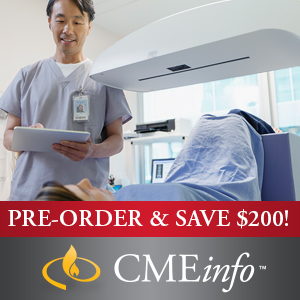

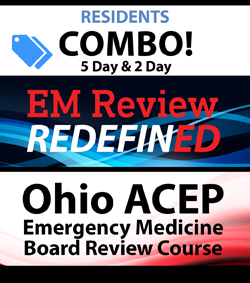
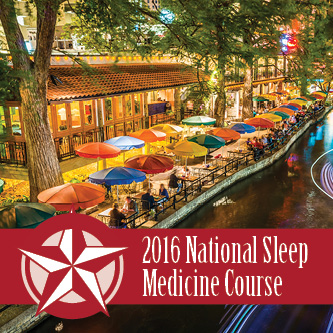
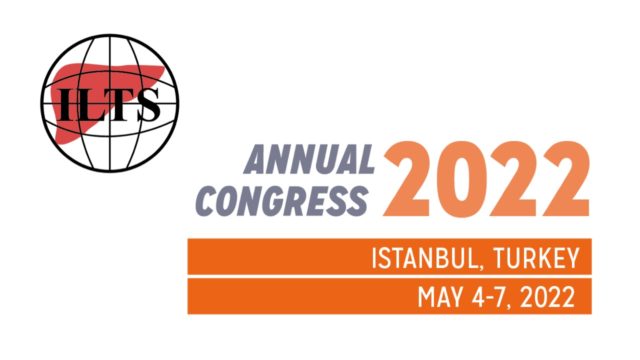



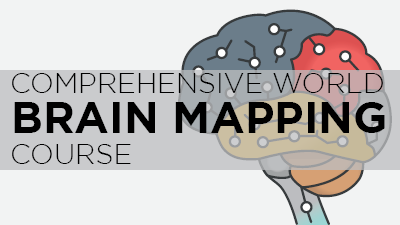
Reviews
Clear filtersThere are no reviews yet.